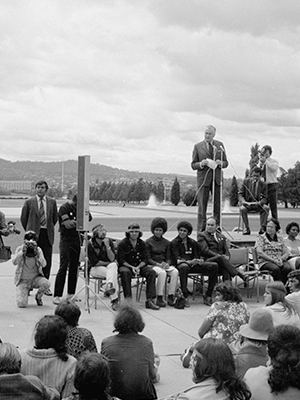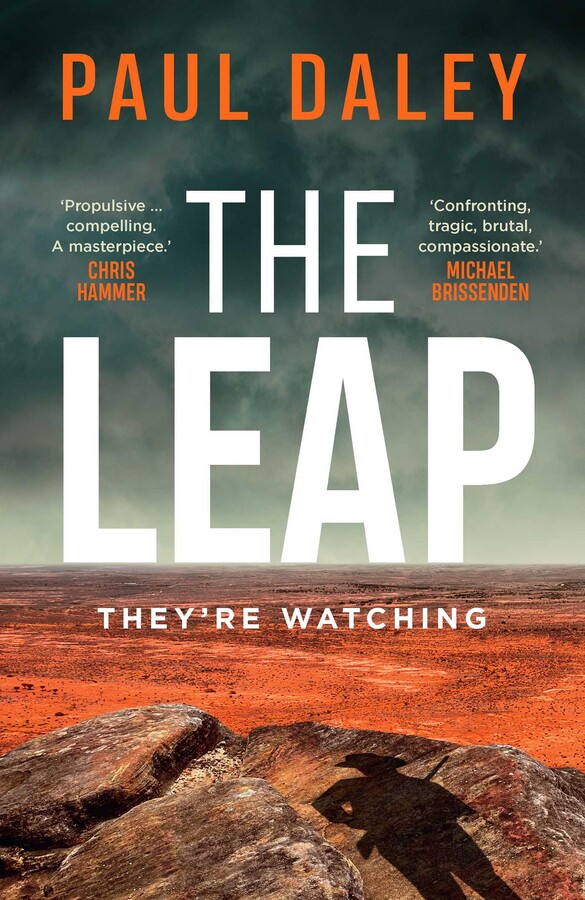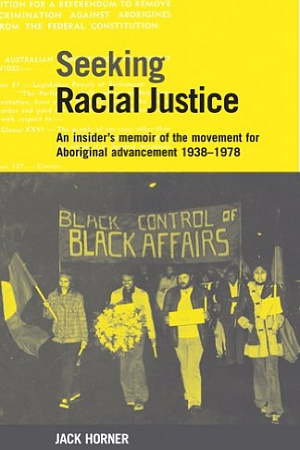The Strange Birth of Colonial Democracy
Allen & Unwin, 305 pp, $19.95 pb
The Strange Birth of Colonial Democracy by J.B. Hirst
In some ways, John Hirst presents his tale of colonial New South Wales as if it were a book for today. In the preface he comments: ‘But why should we care what it was like? – because in many fundamentals this is the political world we still inhabit.’ This theme is sketched and hinted at several times in the text but it is never argued in a systematic and rigorous manner. What are we to make of the claim?
Hirst’s book is about the decline of politics from some exalted position commanding community respect (assumed, not proven, and difficult to believe) to a messy and dishonest struggle for advantage. In the imagined golden age, power and authority had been decentralised, local, and respected. Now it is centralised, bungling, inefficient, and corrupt. For Hirst, such fundamentals are still with us. The need to make history ‘relevant’ to its present may serve a useful purpose, explaining social forces, tensions and lines of development and, undoubtedly, what happened in various colonies before Federation had an impact on subsequent social, economic and political developments. But this relevancy needs to be claimed, constructed, explained, and expounded.
Continue reading for only $10 per month. Subscribe and gain full access to Australian Book Review. Already a subscriber? Sign in. If you need assistance, feel free to contact us.











Leave a comment
If you are an ABR subscriber, you will need to sign in to post a comment.
If you have forgotten your sign in details, or if you receive an error message when trying to submit your comment, please email your comment (and the name of the article to which it relates) to ABR Comments. We will review your comment and, subject to approval, we will post it under your name.
Please note that all comments must be approved by ABR and comply with our Terms & Conditions.